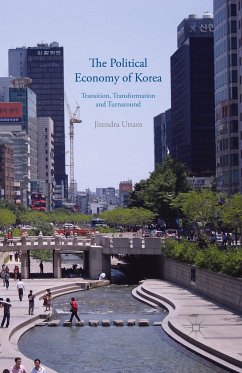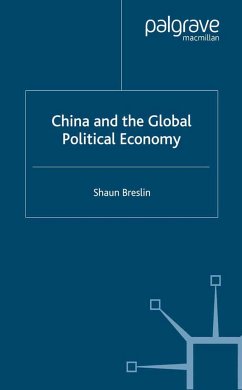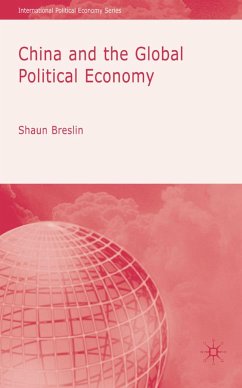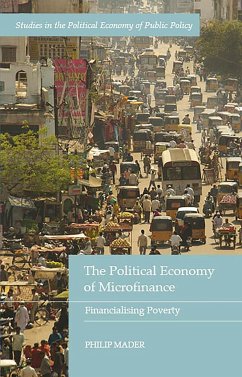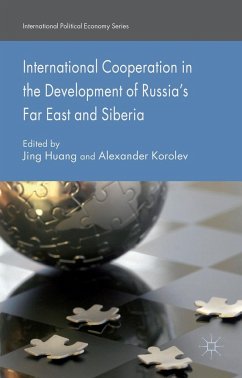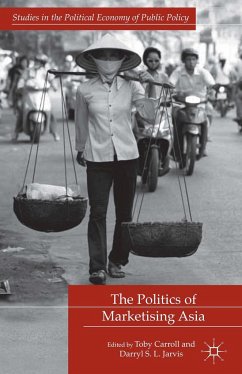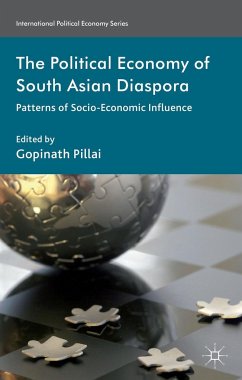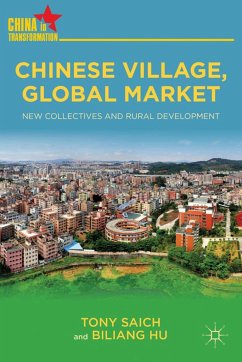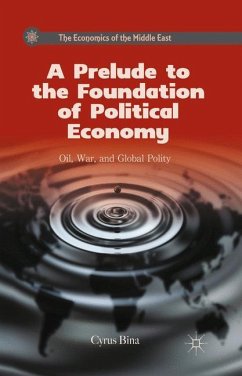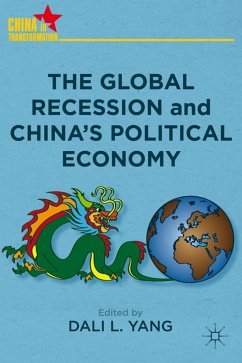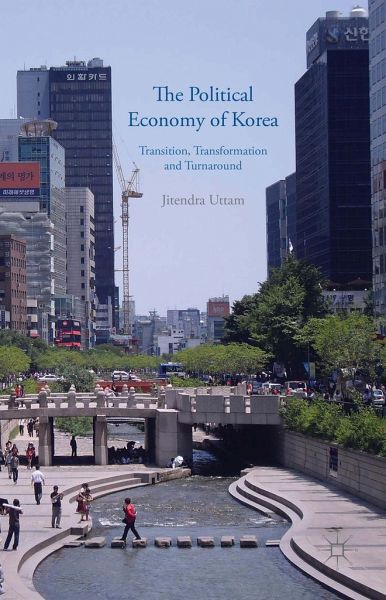
The Political Economy of Korea
Transition, Transformation and Turnaround
Versandkostenfrei!
Versandfertig in 6-10 Tagen
38,99 €
inkl. MwSt.
Weitere Ausgaben:

PAYBACK Punkte
19 °P sammeln!
Korea's twin transitions - agrarian to industrial and industrial to post-industrial - transformed the country's political economy. Moving away from the traditional focus on aspects such as market, culture, and colonialism, the author argues that Korea's 'second state' was revitalized through the 'people's movement' and 'citizens movement'.





